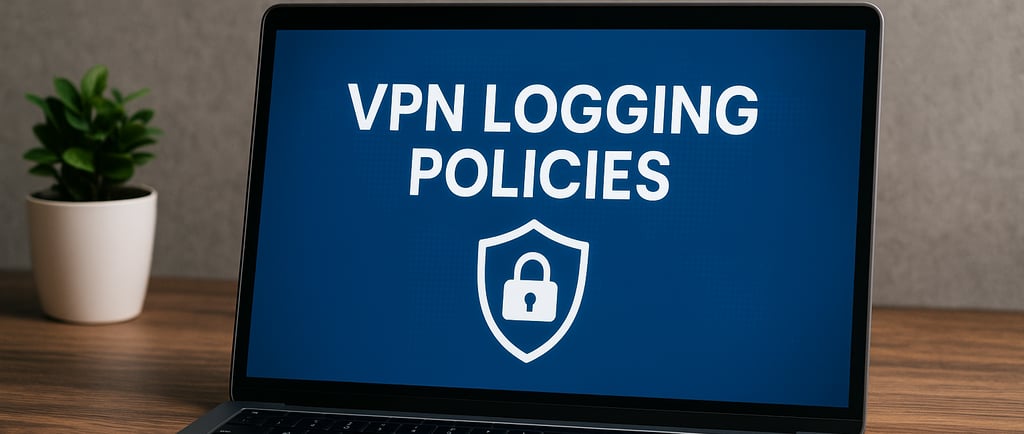The Truth About VPN Logging Policies
VPN


One of the main reasons people use a VPN is to protect their privacy. But here’s the catch: while a VPN hides your activity from your ISP, websites, and hackers, the VPN provider itself could still see what you’re doing. This is where logging policies come into play. Understanding how logs work—and what “no-logs” really means—is critical to choosing a trustworthy VPN.
What Are VPN Logs?
Logs are records of your activity. Depending on the provider, a VPN may keep different kinds of logs:
Connection Logs – Basic details like the time you connected, session duration, and sometimes the amount of data transferred.
Usage Logs – Detailed records of websites you visit, apps you use, and files you download. These are the most concerning.
Diagnostic Logs – Information used to fix technical issues (e.g., error reports).
The Problem With Logging
If a VPN keeps detailed logs, it defeats the purpose of using one. In the wrong hands, these logs can:
Expose your browsing history.
Be shared with advertisers for profit.
Be handed over to authorities if requested.
Make you just as trackable as without a VPN.
For true privacy, avoiding providers that keep usage logs is essential.
What Does “No-Logs” Actually Mean?
Many VPNs advertise a “no-logs policy”, but not all claims are equal. Here’s what to look for:
Strict No-Usage Logs: The VPN does not record browsing activity, IP addresses, or DNS requests.
Minimal Connection Logs: Some VPNs keep temporary logs of session duration or bandwidth for troubleshooting, then delete them.
Third-Party Audits: The most trustworthy VPNs hire independent firms to verify their no-logs claims.
Court-Tested Policies: In rare cases, providers have proven their no-logs policy when taken to court and unable to produce user records.
Why Some VPNs Log Data
Running a VPN service is costly, and some free or shady providers make money by logging and selling user data. Others may log for “operational purposes,” but without clear transparency, this puts user privacy at risk.
This is why free VPNs often come with hidden dangers—if you’re not paying for the service, your data may be the product.
Famous Cases That Highlight Logging
PureVPN (2017): Marketed as “no-logs,” but helped U.S. authorities identify a cyberstalker by handing over IP data.
Private Internet Access (PIA): Taken to court multiple times but unable to produce logs—proving its no-logs claims.
ExpressVPN (2017): Turkish authorities seized servers but found no user logs, reinforcing its credibility.
These cases show that marketing claims aren’t enough—real-world evidence and audits matter.
How to Verify a VPN’s Logging Policy
When evaluating a provider, check:
Privacy Policy – Read the fine print to see what’s collected.
Independent Audits – Look for published audit reports from reputable cybersecurity firms.
Jurisdiction – Choose VPNs based in countries with strong privacy laws (e.g., Panama, Switzerland) instead of surveillance-heavy regions (e.g., U.S., UK).
Reputation – Research news stories and user reviews for red flags.
Why Logging Still Matters Even if You “Have Nothing to Hide”
Many people think, “I don’t do anything illegal, so who cares?” But logs can still be harmful:
Advertisers build detailed profiles of your behavior.
Hackers or insiders could access logs if the VPN is breached.
Governments in restrictive countries could target individuals unfairly.
Privacy isn’t just about hiding wrongdoing—it’s about protecting personal freedom.
Final Thoughts
VPNs are only as private as their logging policies allow. A provider with weak or dishonest policies can put your data at risk, even if your traffic is encrypted.
For true privacy:
Stick to providers with strict no-logs policies.
Favor VPNs that have undergone independent audits or proven their claims in court.
Avoid free services that profit from your data.
The truth is simple: a VPN that logs your activity is not a privacy tool—it’s another ISP.